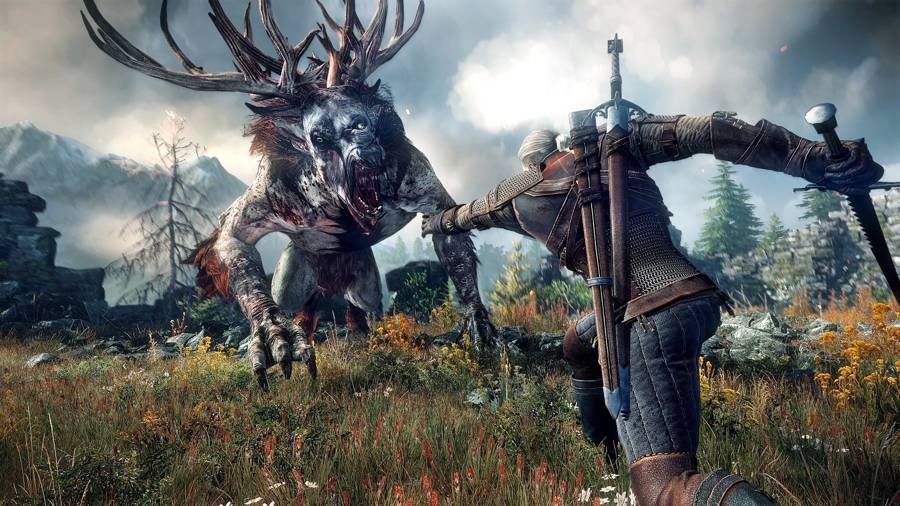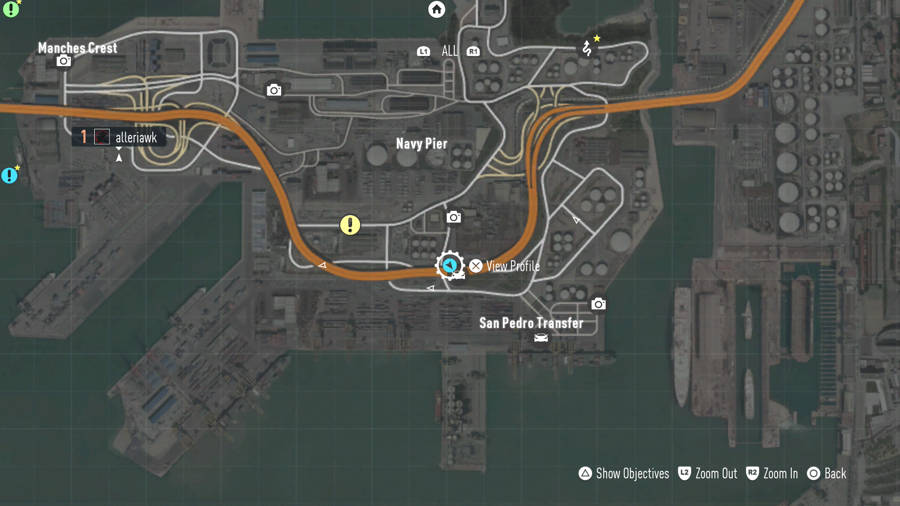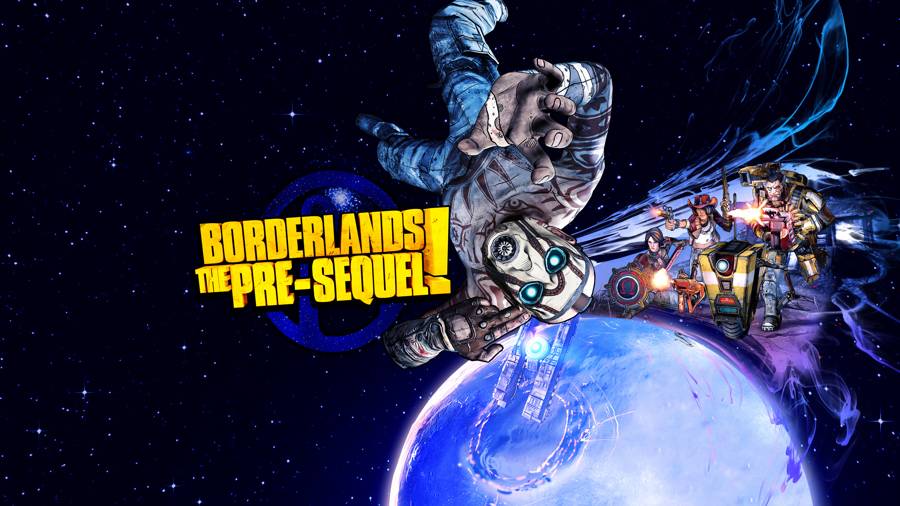During its five-year lifespan, the DS has seen a handful of enjoyable story-based adventure games. Titles like the Ace Attorney series and Hotel Dusk: Room 215 have provided compelling storylines that make for games that, while not exactly the most difficult in the world, are engaging and addictive nonetheless.
One of the best examples of this was Another Code. In it, a 14 year-old girl called Ashley Robbins travelled to an island to meet her father who she'd long presumed was dead. It was a fantastic little game, filled with some innovative puzzles. At one point you had to stamp an etching of an object by physically closing the DS and 'clamping' down on it - a genius mechanic later thieved by the Zelda team for Phantom Hourglass.
Advertisement:
Perhaps because it doesn't quite offer the same book-style experience, the Wii doesn't have many games like this. That's now changed with the sequel to Another Code R, the snappily subtitled A Journey Into Lost Memories.
The game takes place two years after the events of the original Another Code, and there's a handy 'prologue' option in your inventory screen which quickly sums up the story of the first game in case you didn't play it (which we really recommend you do, incidentally). Now aged 16, Ashley is getting frustrated with her recently reunited dad who's been working away from home and continuing his research. As a result of this she hasn't seen him in six months, despite his promise that he'd be home every weekend.
One day, however, she gets a message from him asking her to spend the weekend with him at a summer camp. Annoyed at having to give up her weekend for something she's sure she won't enjoy, she reluctantly goes to Lake Joliet to see him, not realising that he wants to tell her more about her past and what happened to her mother (who died when Ashley was three).
The game retains the same graphical style as the DS title, meaning the characters are cel-shaded while the backgrounds resemble watercolour paintings. This time though, everything's in full 3D, so when Ashley and someone else are having a discussion the screen splits and you get to see them actively talking to each other. It might not seem like much but they're so well animated (both physically and facially) that their expressions and body language add so much to each conversation.
This attention to detail extends to everything else about the game. The backgrounds are lovely, the dialogue is well-written, the flashback scenes are extremely well-executed and the whole thing's just really emotional. We defy anyone who's suffered a loss in their life not to get a little choked up when Ashley talks to her dad about her deceased mother.
Control Yourself
Ironically, the only element of Another Code which seems to have taken a step backwards is the control system, which is purely down to the system the game's been developed for. The original Another Code made use of all the handheld's quirky little gimmicks: the touch screen, the microphone, the fact it can close over. That it was only released shortly after the original DS was launched also helped to give it a fresh feeling. When Ashley was given a DAS (a modified DS) in the original, the DS was new to us too. We felt like we were being given a brand new piece of kit.
These days we've pretty much seen everything the Wii Remote has to offer (MotionPlus notwithstanding), so when Ashley's dad finds a mysterious device which conveniently looks exactly like a Wii Remote with an LCD display at the top, it's not quite so exciting because we just get the feeling it's going to be shoehorned into a lot of different puzzles.
Thankfully the Remote shenanigans are kept to a minimum and when it does come into play it's never annoying. The updated DAS (which looks suspiciously like a DSi) also makes things interesting with its built-in camera. A word of advice though. If you're the impatient type who skips through long chats in games and keeps pressing A until the text box goes away, this game is not for you. There is an awful lot of dialogue so if you're not in the mood for lots of reading and would prefer some fast-paced action, this is clearly not worth going for.
It's essentially the equivalent of an interactive novel on your telly, as opposed to the next Smash Bros. If you can appreciate a good yarn though, and fancy having your emotional heartstrings tugged while playing a game that - while not exactly difficult - has a compelling storyline, then Another Code: R is a pleasant, engaging experience that's well worth splashing your hard-earned cash on.






 Hammerfight - Chapter 1 The Gaiars Solo Mode Walkthrough
Hammerfight - Chapter 1 The Gaiars Solo Mode Walkthrough Steam Series - Portal 2
Steam Series - Portal 2 The Witcher 3 Guide: Velen Side Quest Guide, Hidden Treasures & Witcher Contracts
The Witcher 3 Guide: Velen Side Quest Guide, Hidden Treasures & Witcher Contracts Need For Speed - Where To Find Police Chases
Need For Speed - Where To Find Police Chases Borderlands The Pre-Sequel Guide: Concordia Side Quest Guide
Borderlands The Pre-Sequel Guide: Concordia Side Quest Guide